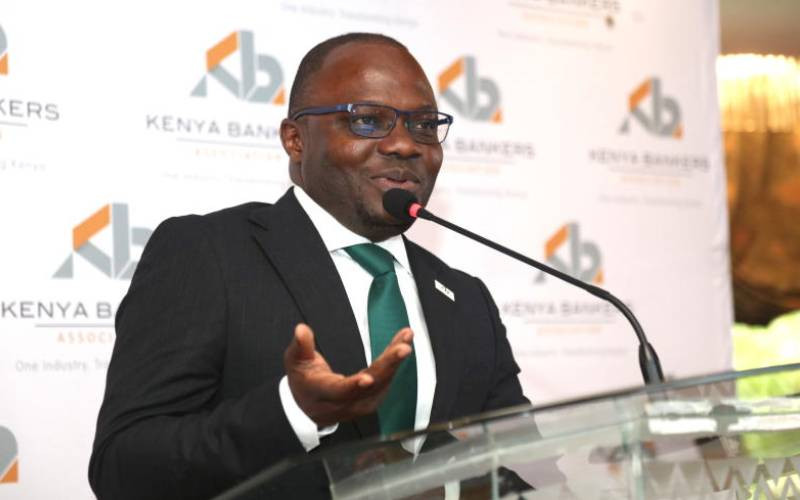×
The Standard e-Paper
Smart Minds Choose Us

Micheu Njiru's hearty laughter reverberates across the fourth floor of Kencom House where his office is located.
Behind the laughter though, is a man who juggles tasks effortlessly, like a conductor leading an orchestra with the uncanny ability to keep track of multiple things all at once and making complex ones appear simple without dropping a beat.







